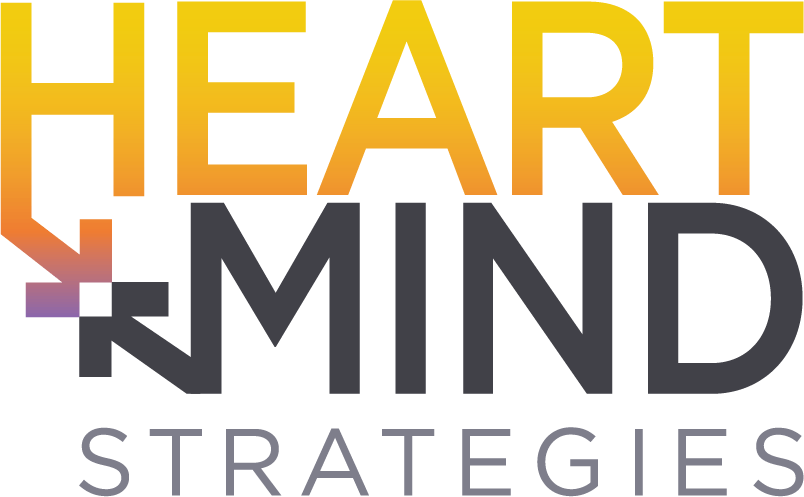By Dee Allsop, PhD.
In any situation where there are 2 opposing sides, finding common ground is the most productive way forward. Americans have a long history of freedom of speech and open debate, where people are free to choose and support groups that resonate with their personal beliefs and opinions. But in recent decades sensitive hot button issues like abortion, gay rights, the definition of marriage, racial equality, COVID vaccines and masking, gun control, etc, have served to further splinter and divide Americans into their respective camps based on opposing beliefs. Rather than having a productive debate, these divisions acts as a roadblock to finding common ground solutions and a path forward.
Finding Common Ground in a Divisive Climate
Americans are hungry for more moderate voices and common-sense solutions built around our shared human priorities and common ground. The vast majority of American voices in a 2020 pre-election survey (75%) said we should “stop letting the people on the extreme ends of the issues dominate the discussion…and put more faith and emphasis on more moderate voices on each side of the issues to find common ground.”
It may be a reason President Biden’s first address to the nation resonated so strongly…
“…let’s give each other a chance…To see each other again. To listen to each other again… And I believe that this is part of the mandate from the American people. They want us to cooperate.”
President Joe Biden
As people—as humans—isn’t that what we all want? To be seen and to be heard. To be talking and working “with” rather than talked “around” or “against”. To be a part of the crafting of solutions rather than solutions being dictated to us.
These new times require new research tools to guide branding and communication strategies that reflect this new public will. Tools that uncover not what divides us but the shared values that bring us together.
RELATED: Case Study for Finding Common Ground

Triadic Illumination
Traditional research techniques can prove unproductive on sensitive issues where truth and insight fall victim to ideologies, social dynamics, political correctness and safe stereotypes. Triadic Illumination™ eliminates the unproductive social dynamics through the more personal experience of an intimate small group, online or in person.
RELATED: Ask the Expert: Triadic Illumination
Utilizing techniques and activities more often used in relationship therapy and counseling, Triadic Illumination™ creates an atmosphere of collaborative problem solving for some of life’s most challenging issues. We structure the discussion in a way that allows us to see and listen to each other as humans and to understand how we choose, react to, and defend differing points of view or stories and where we are able to agree or recognize merit and truth in each other’s views—which is the foundation of the common ground narrative and strategies we can create.
We invite you to join us in pursuing the possibilities that lay ahead for you with these powerful tools made for these times. Contact us for more information on how you can use Triadic Illumination™ to work with your target audiences in helping them find common ground on sensitive issues.
About the Author
Dee Allsop is co-CEO and Managing Partner at Heart+Mind Strategies. Over his 40-year career, Dee has provided market positioning and communications strategies for some of the world’s largest companies and organizations. His broad expertise includes advertising strategy development, crisis communications, values-based marketing, ingredient branding, new product launches, brand line extensions, issues marketing, political campaigns, employee research, customer satisfaction, tracking studies, concept testing, brand essence research, brand critical standards, event marketing, sponsorship, logo and naming strategies, and corporate reputation.
Dee has received two David Ogilvy awards from the Advertising Research Foundation, recognizing his work in developing communications strategy. In 2000, he was honored as “Pollster of the Year” by the American Association of Political Consultants.
From 1986 to 1988, Dee directed the public opinion research program for the White House, including a regular program of tracking surveys, supplemented by event-driven brushfire studies.
Dee is a graduate of Brigham Young University and holds both a M.A. and a Ph.D. in Political Science from The Ohio State University, where he was active in teaching, writing, and survey research.
